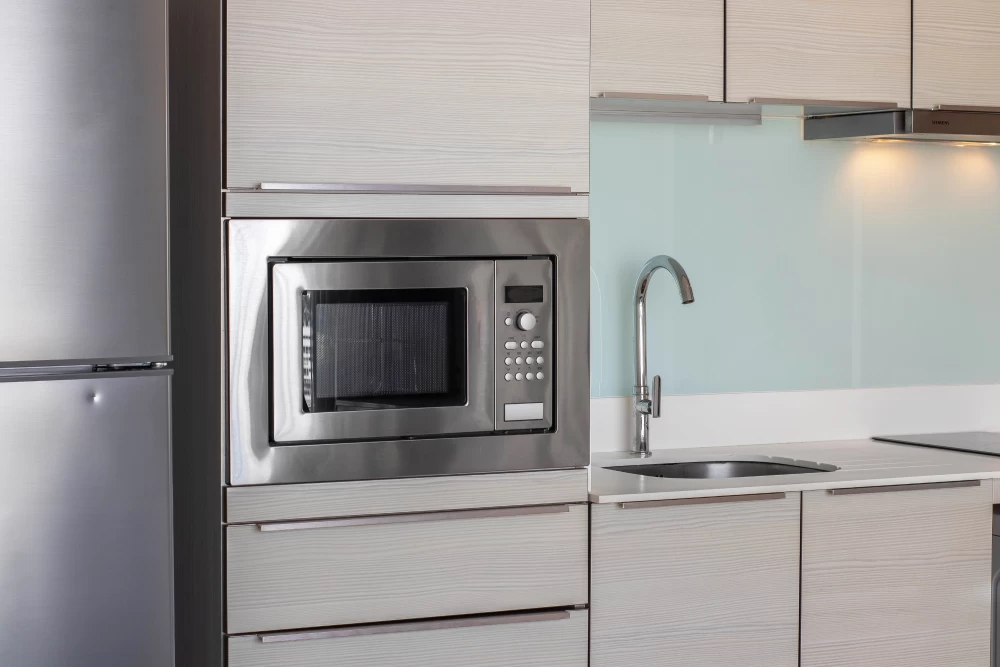
- 22nd November 2023
Table of Contents
Reheating leftovers is a common practice, but not all foods are meant to withstand the heat. Certain foods can undergo undesirable changes in taste, texture, or even chemical composition when reheated, posing potential health risks. In this article, we'll explore 11 types of foods that should steer clear of the microwave and other reheating methods, delving into the reasons behind these cautionary measures. From delicate leafy greens to protein-rich dishes, understanding the science behind these recommendations can help you make informed choices in preserving both the flavor and nutritional integrity of your meals.
1. Leafy Greens:
Leafy greens, such as spinach and lettuce, are rich in nitrates. When reheated, these nitrates can convert into nitrites, compounds that have been linked to various health concerns. Instead of microwaving, consider adding fresh greens to your reheated dishes after they've cooled slightly. The high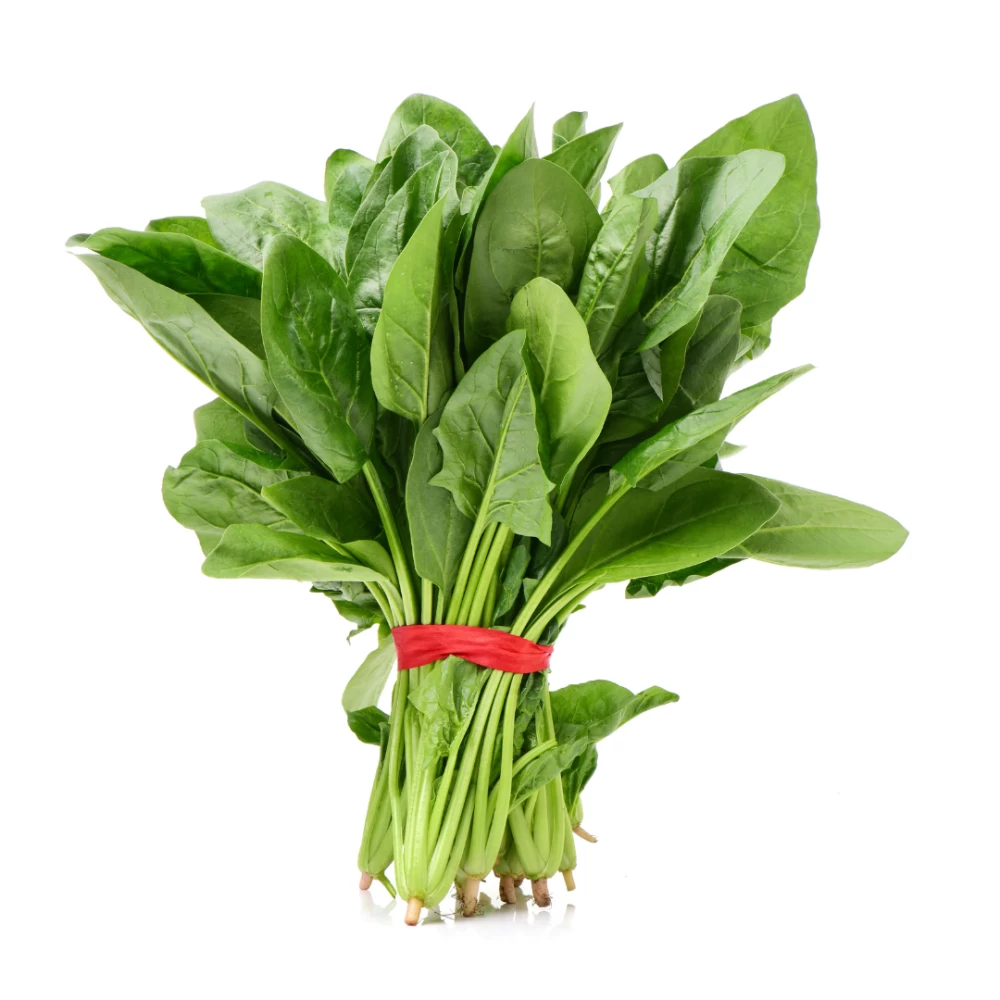 nitrate content of spinach makes it an excellent source of these essential nutrients. Some raw vegetables have beneficial nitrates that are transformed into nitrites by an enchanted process in the body. Heating nitrates activates them, causing them to release toxic carcinogenic effects when processed by the body. Only then do they become problematic. Reheating spinach or other vegetables high in nitrates makes them more poisonous with each heating cycle.
nitrate content of spinach makes it an excellent source of these essential nutrients. Some raw vegetables have beneficial nitrates that are transformed into nitrites by an enchanted process in the body. Heating nitrates activates them, causing them to release toxic carcinogenic effects when processed by the body. Only then do they become problematic. Reheating spinach or other vegetables high in nitrates makes them more poisonous with each heating cycle.
2. Mushrooms:
Mushrooms contain proteins that can degrade quickly, even in short periods of reheating. This can lead to digestive issues and a notable deterioration in taste and texture. If you must reheat a dish with mushrooms, do it quickly and at a lower temperature to minimize these adverse effects..webp)
Because of their susceptibility to various microbes, mushrooms are among the foods on this list that are most likely to cause illness. The ideal time to eat cooked mushrooms is right after they are cooked. Reheating mushrooms can be harmful to your digestive system, so it's best to eat them cold from the fridge if you intend to have them again the following day.
3. Eggs:
Reheating eggs can be a risky business. When exposed to high temperatures, the proteins in eggs can break down, leading to a rubbery or unpleasant texture. Additionally, reheated eggs may harbor the risk of bacterial contamination, particularly if they haven't been stored and handled properly after the initial cooking.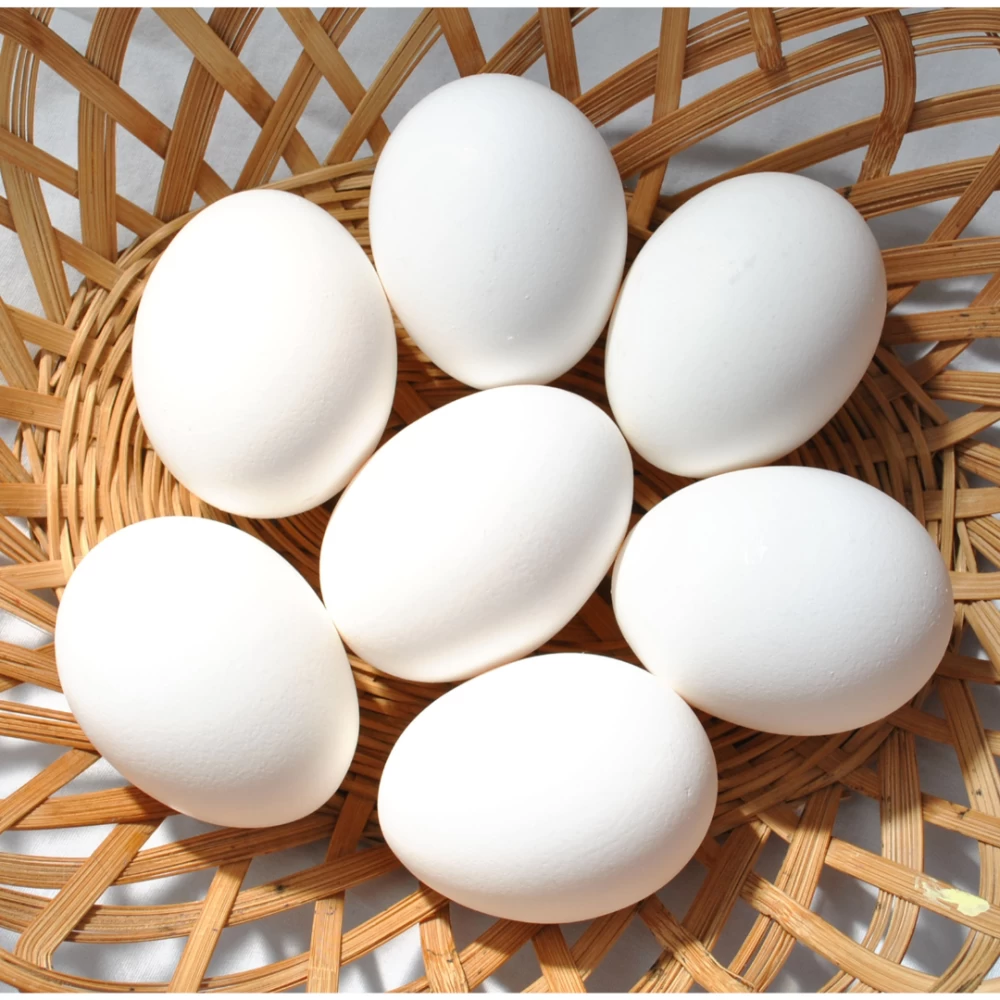
To be sure, cooked eggs are a great source of protein, but they can cause serious illness if left at or exposed to even higher temperatures again. Reheating eggs, whether they are boiled or scrambled, can have a devastating effect on your digestive system. Also, it's not very appetizing to reheat rubbery eggs. Never do that.
4. Chicken:
While chicken is a versatile and popular protein, reheating it can be tricky. Chicken contains a high amount of protein, and when reheated, this protein can degrade, resulting in a dry and unappetizing texture. To maintain juiciness, consider reheating chicken with a splash of broth or sauce..webp)
Another go-to for dinners, chicken can be a bit of a challenge when it comes to reheating. Taking chicken from cold to hot for a second time starts to degrade the protein and causes gastrointestinal issues. Reheating leftover chicken in the oven, microwave, or skillet should be done no more than once after initial preparation if you prefer it warm. Additionally, ensure that it is hot—that is, cooked all the way to the center of the chicken—and consume it immediately.
5. Potatoes:
Potatoes are a staple in many diets, but reheating them can lead to the formation of harmful bacteria. When cooked and left at room temperature, potatoes can develop a toxin called solanine, which can cause nausea, headaches, and even paralysis. Refrigerate potatoes promptly after cooking to minimize this risk.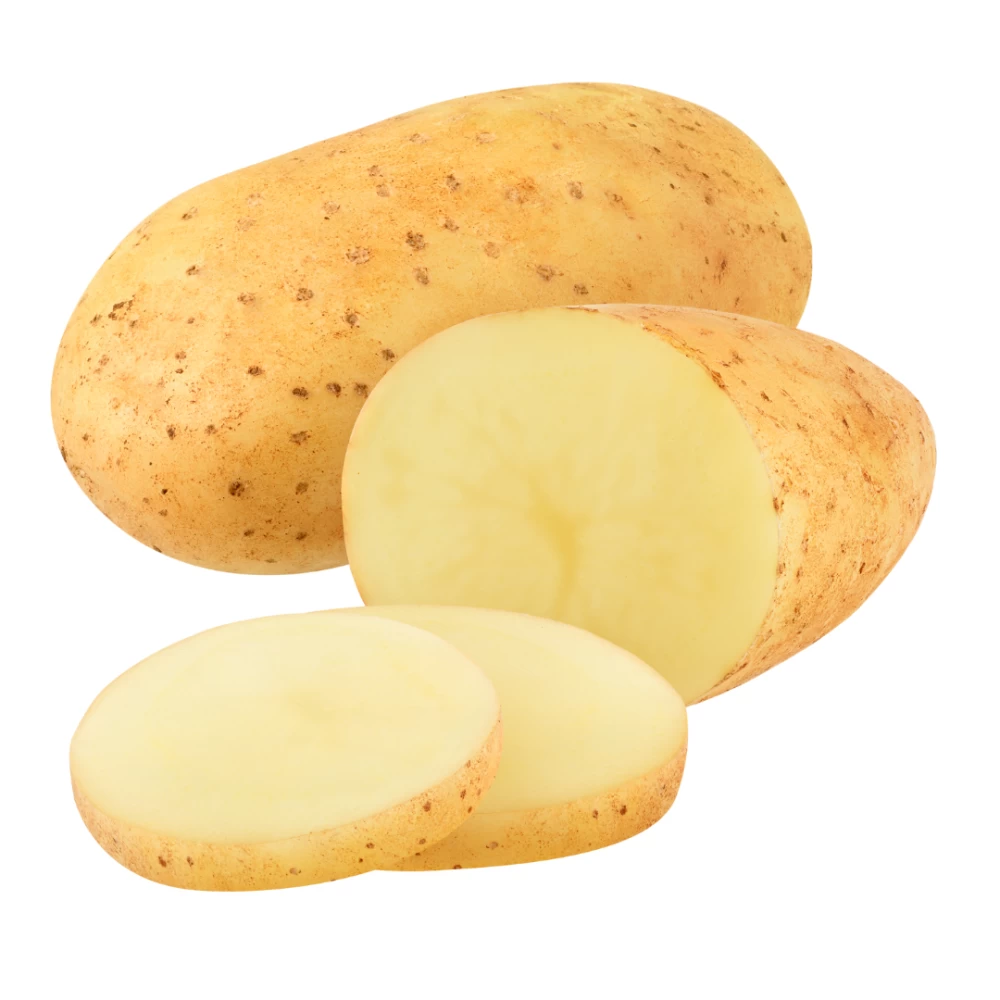 Potatoes can go from delicious to poisonous if they are allowed to cool or reheated more than once. Why? The rare bacterium known as botulism thrives in warm environments, and potatoes are no exception. Put any cooked potatoes that aren't eaten right away in the fridge if you can't bear to throw them away. For example, you shouldn't take them out of the oven, set them aside to cool for a half an hour, and then store them. If you have a lot of potatoes that need to be cooled, put them in separate plastic containers and put them in the fridge right away.
Potatoes can go from delicious to poisonous if they are allowed to cool or reheated more than once. Why? The rare bacterium known as botulism thrives in warm environments, and potatoes are no exception. Put any cooked potatoes that aren't eaten right away in the fridge if you can't bear to throw them away. For example, you shouldn't take them out of the oven, set them aside to cool for a half an hour, and then store them. If you have a lot of potatoes that need to be cooled, put them in separate plastic containers and put them in the fridge right away.
6. Rice:
Uncooked rice often harbors spores of Bacillus cereus, a bacterium that can survive cooking. When rice is left at room temperature or reheated improperly, these spores can multiply and produce toxins that cause food poisoning. To prevent this, store rice in the refrigerator and reheat it thoroughly..webp)
In the same vein as potatoes, after cooking, do not let rice sit out at room temperature. Mishandled cooked rice has the potential to harbor bacterial spores, which can then produce toxins that can lead to severe physical sickness. Unlike in the fridge, these spores multiply more quickly when left out at room temperature. After cooking, immediately transfer the fluffy grains to an airtight container and refrigerate to prevent food poisoning and other gastrointestinal problems.
7. Oils:
Reheating oils can lead to the release of free radicals, which are unstable molecules that can cause cell damage in the body. This is especially true for oils with a low smoke point, such as olive oil. To preserve the nutritional quality of oils, avoid reheating them and instead opt for adding them to dishes after cooking.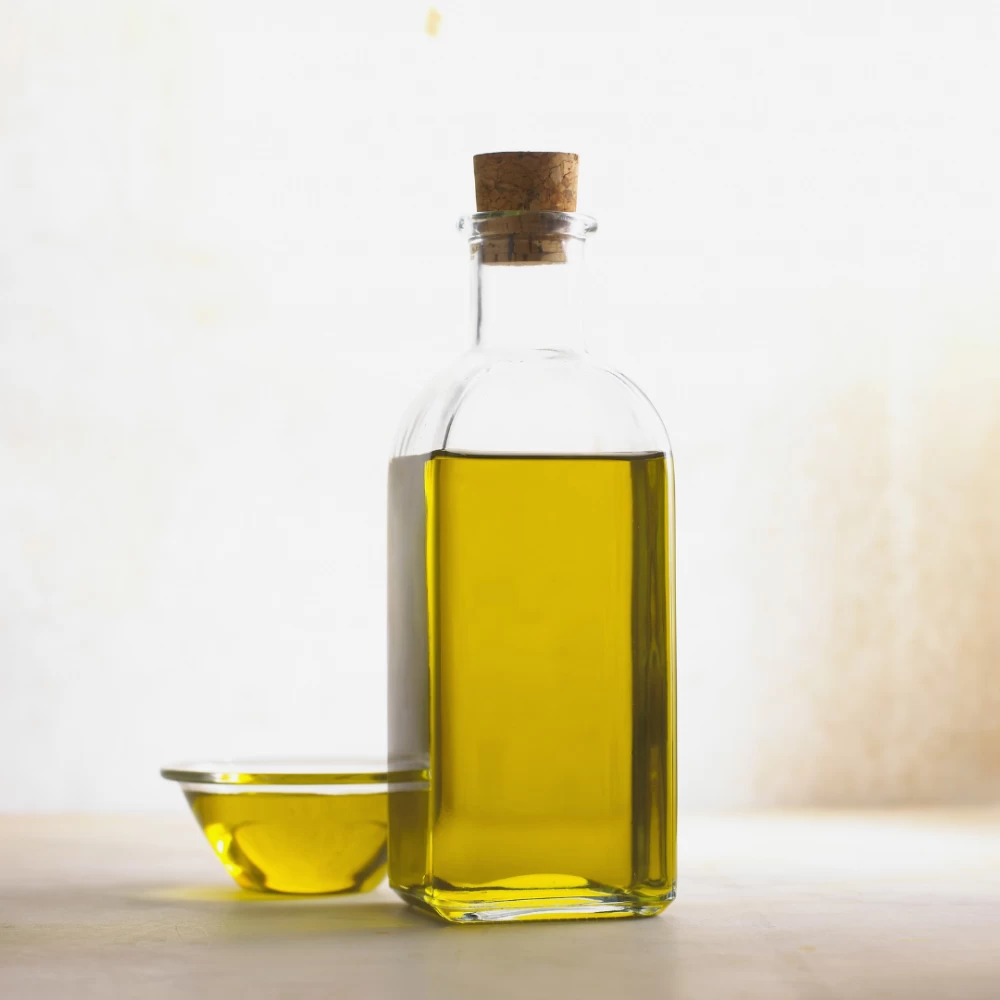
OilFlaxseed, olive, and canola oils, which are cold-pressed, are excellent sources of omega-3 fatty acids. At temperatures above 40 degrees Celsius, omega-3 fatty acid breaks down and goes rancid. Cold pressed oil should never be heated before use.
8. Beets:
Beets contain nitrates, similar to leafy greens. When reheated, these nitrates can transform into nitrites, which may have adverse health effects. If you have leftover beets, consider enjoying them cold in salads or other dishes that don't require reheating.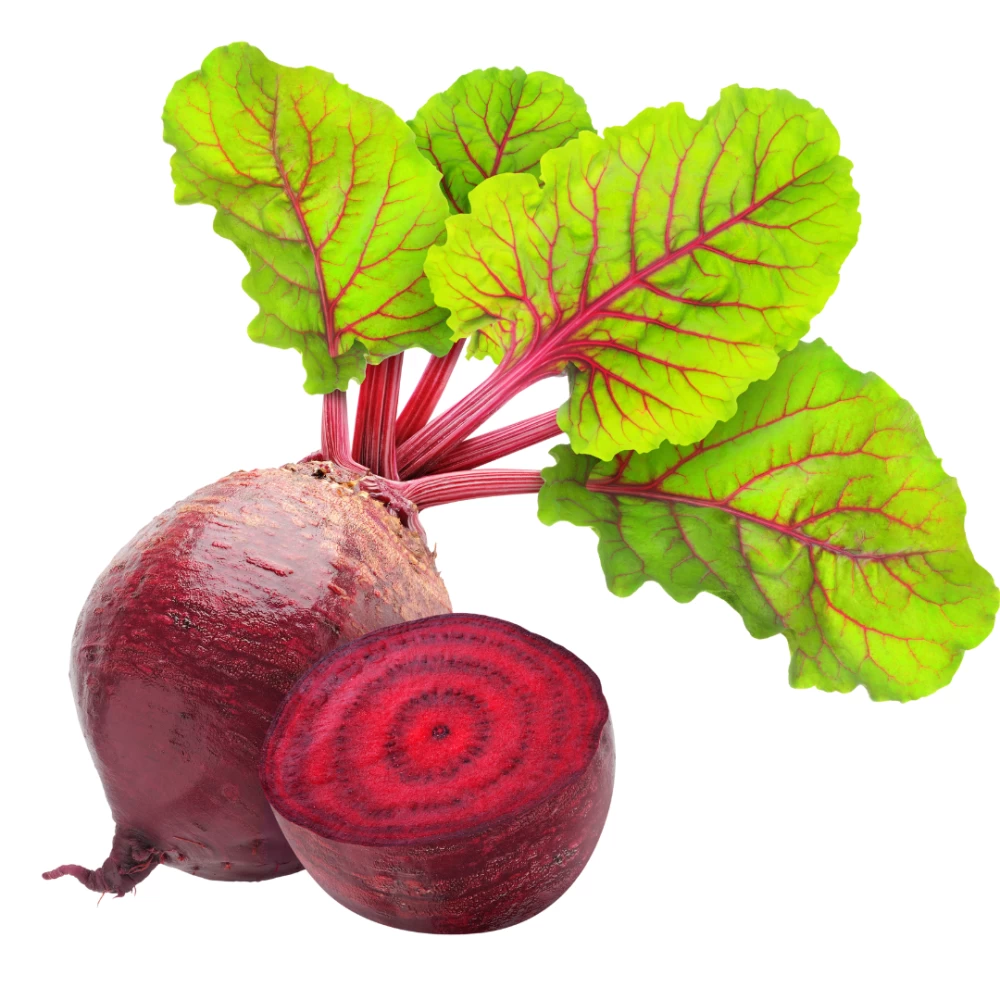
The deliciousness and health benefits of beets are well-known. The nitrate content of beets is high, as it is in celery, spinach, and carrots. When it comes to beets, it's best to prepare only as much as you can eat in one sitting or to serve them cold.
9. Celery:
Celery is a crunchy and hydrating vegetable, but reheating it can lead to a mushy texture and loss of its characteristic crunch. To preserve the freshness of celery, add it to dishes after reheating or enjoy it raw.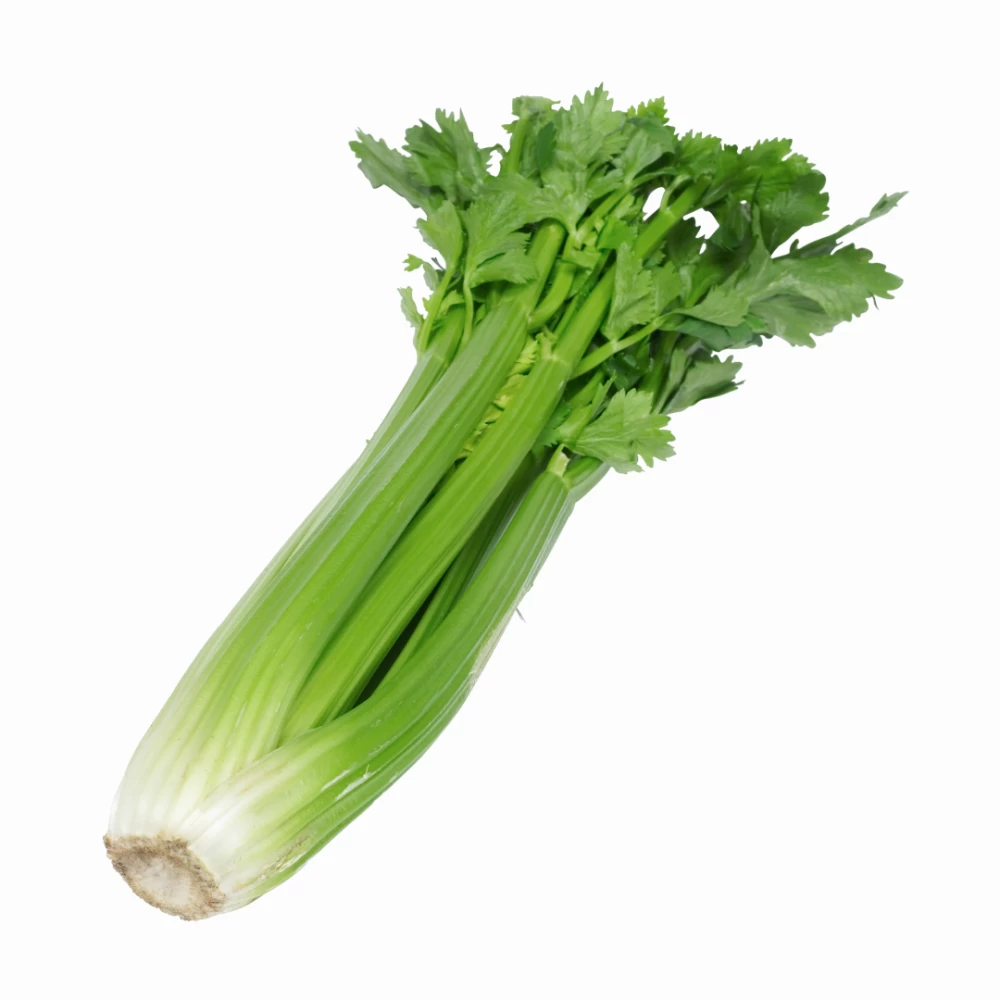
Reheating celery can make it toxic due to its high nitrate content. When nitrate is heated again, it changes into nitrites. Methemoglobinemia is more likely to occur when the body absorbs an excessive amount of nitrites. In this disorder, the blood nitrites bind to the iron and hemoglobin in your blood, preventing them from delivering oxygen to your cells. Seizures and even death are possible complications.
10. Fish:
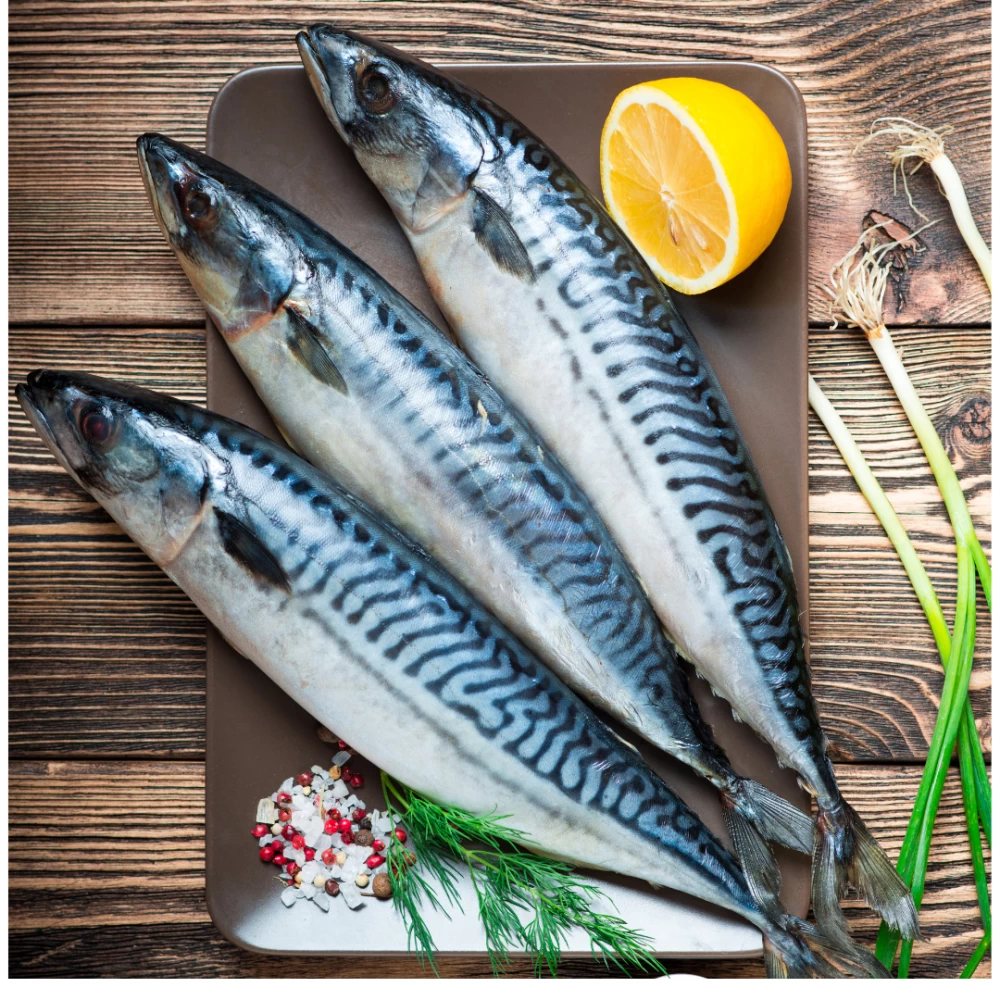 Reheating fish can result in the release of a compound called trimethylamine, which has a strong, unpleasant odor. Additionally, the delicate texture of fish can become dry and unappealing when subjected to reheating. If you must reheat fish, do so gently and consider adding moisture, such as a drizzle of broth.
Reheating fish can result in the release of a compound called trimethylamine, which has a strong, unpleasant odor. Additionally, the delicate texture of fish can become dry and unappealing when subjected to reheating. If you must reheat fish, do so gently and consider adding moisture, such as a drizzle of broth.
11. Cruciferous Vegetables:
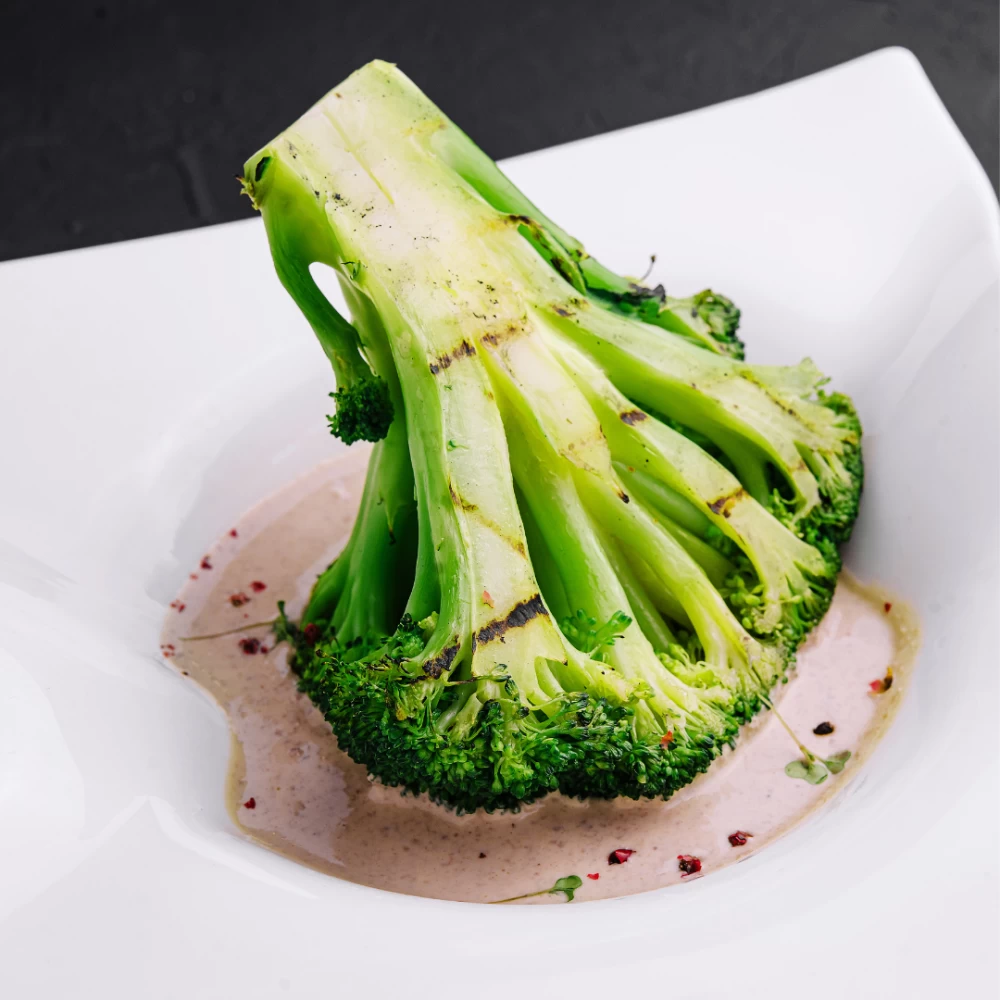 Vegetables like broccoli and Brussels sprouts belong to the cruciferous family and contain sulfur compounds. Reheating these vegetables can intensify their pungent aroma and flavor, making them less enjoyable. If possible, consume cruciferous vegetables fresh or lightly steam them instead of reheating.
Vegetables like broccoli and Brussels sprouts belong to the cruciferous family and contain sulfur compounds. Reheating these vegetables can intensify their pungent aroma and flavor, making them less enjoyable. If possible, consume cruciferous vegetables fresh or lightly steam them instead of reheating.














